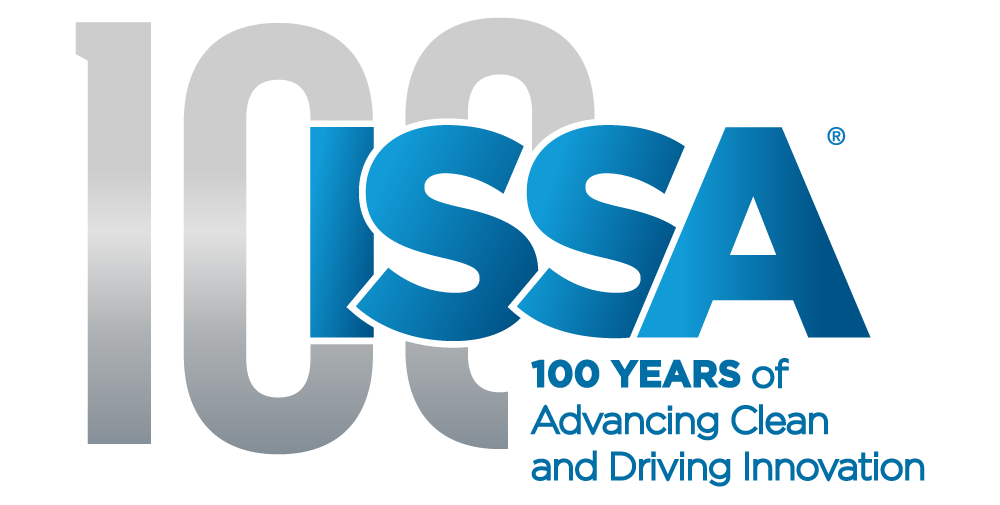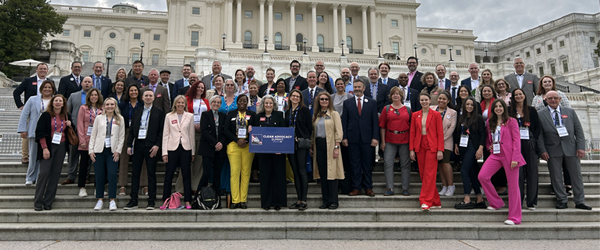DEI in Action

Diversity, equity, and inclusion (DEI) have become essential concepts embraced by many, yet implementing an effective DEI strategy can be a challenge for organizations. When discussing it, we often assume that people know what it is. But … do they?
DEI promotes fair treatment of all people, particularly within the work environment. It is a culture of acknowledging, supporting, and accepting people of all backgrounds, races, genders, religions, cultures, sexual orientations, and abilities. DEI uses education to recognize and address issues.
Recently, ISSA invited two professionals from the industry to share their insights and experiences on their DEI programs and initiatives: Marcela Sztainberg, head of human resources (HR) at Essendant, and Amie Kromis, the DEI director at Essity North America.
The impact of ISSA and the ISSA Hygieia Network on their professional lives and their organizations is remarkable. Sztainberg, who started working with Hygieia at the top of the pandemic, highlights how much her network expanded, connecting her with women outside her HR circle, and even participating in the Hygieia mentoring program. Kromis emphasizes the rich learning opportunities provided by ISSA and Hygiea. They both recognize the invaluable platform these networks offer for personal and professional growth. Kromis claims that “ISSA and Hygieia have been catalysts for my growth in terms of industry knowledge for health and hygiene.”
Implementing Initiatives
Moving forward, they discuss the initiatives implemented within their respective companies to promote diversity, equity, and inclusion. Kromis shares how Essity, although in its infancy stages of DEI, is setting the foundation and defining its strategy, first focusing on its internal viewpoint within the company. Essity has set targets for gender balance leadership, inclusive work environments, and representation of underrepresented groups. One way of achieving this has been through “Courageous Conversations,” addressing all of the above topics both in in-person sessions and on a regular podcast.
Sztainberg highlights Essendant’s journey through DEI. She says that Essendant is evolving and recently relaunched its third iteration of DEI. “Everyone says, ‘Third time is a charm,’ and it seems to be true,” she says. Essendant focuses on awareness, allyship, and education, including establishing employee resource network groups and inclusive hiring programs, including those with disabilities. Last year, Essendant relaunched its “Guiding Principles” to include diversity and inclusion and what that means.
Mentoring
Throughout the years, associates at Essendant asked for a mentoring program. Sztainberg then learned about the mentoring program that Hygieia offered and decided to participate as a mentor herself, learning from the process.
This year, Essendant decided to do its own exclusive mentoring program. According to Sztainberg, they have approximately 30 mentors and 70 mentees signed up. “What we are trying to do with that program is create engagement and help associates develop,” explains Sztainberg. “The platform that Hygieia has put together has been super helpful, and it actually allowed us to deliver on something that we hadn’t been able to do before.”
Challenges
When discussing their challenges, Kromis highlights the unique dynamics of different work populations, such as office, manufacturing, and field-based employees, requiring tailored approaches to ensure their inclusion. Though “vastly different, we all belong to the same organization … You could see them as barriers, or you could see them as opportunities,” she says.
Sztainberg echoes this sentiment, emphasizing the difficulty of reaching and engaging distribution center associates. Overcoming these challenges involves intentional efforts, including representation in leadership, inclusive hiring practices, and creating safe spaces for open dialogue.
Kromis also mentions that discussions regarding recent political and legislative issues, such as affirmative action and issues affecting the LGBTQ+ community, can tend to be challenging at times. “It is very easy to get sucked into these topics from a divisive point of view, whereas if you look at the benefits, they far outweigh any type of imagined conflict that we can have,” she says. At Essity, they work to return to a safe and respectful workplace where civil discourse and constructive conversation can be had, rather than being so polarized.
Sztainberg says, sadly, they deal with these issues as well at Essendant. When the company celebrated the month of June as Pride Month, they received some negative feedback. But Essendant sticks to its values. “We’ve been very clear up front that these are our values. Everybody should be accepted for who they are and respected equally. It’s always sad and sort of a wake-up call when you are confronted with something like that,” Sztainberg comments.
Diverse representation
When it comes to ensuring that diverse perspectives are represented at all levels within their organizations, both Essendant and Essity are working hard and appear to be successful.
Sztainberg gives a lot of credit to Harry Dochelli, president and CEO at Essendant. “Thanks to Harry and who he selected, we are extremely lucky,” she claims. “At the executive level, we have 50 women represented. I am very proud to work for a company like that.” Sztainberg admits, though, that more work must be done. In fact, she states that this past year, the company started to do “unconscious bias training around interviewing so that we make sure we do bring minorities into the interview process.”
Kromis mentions that regarding DEI, “Senior visible commitment from senior leadership can make worlds of difference.” Essity, being a member of Catalyst, a global nonprofit DEI “think tank,” takes advantage of educating its leaders and encouraging them to be open to conversation. Training and professional development play a vital role in cultivating an understanding and implementation of DEI principles.
Sztainberg and Kromis have outlined their organizations’ initiatives, which range from certification programs and workshops to online resources and podcasts. By providing education, addressing unconscious bias, and fostering allyship, these initiatives empower employees to embrace DEI principles in their work and interactions.
The conversation wraps up with both professionals offering their insights to the industry. Sztainberg emphasizes the urgency of addressing DEI to attract and retain talent, encouraging professionals to share ideas and collaborate. Kromis highlights the importance of joining networks like Hygieia and attending webinars and events to learn and build connections. They stress the significance of taking action, whether through simple acts of allyship, mentoring, or staying informed about the link between DEI and business success.
In conclusion, the conversation with Sztainberg and Kromis provides valuable insights into implementing DEI strategies in organizations. Their experiences showcase the ongoing efforts required to foster diversity, equity, and inclusion and highlight the benefits for both employees and businesses as they strive to create more inclusive and thriving workplaces.
You can watch the entire interview below.
















